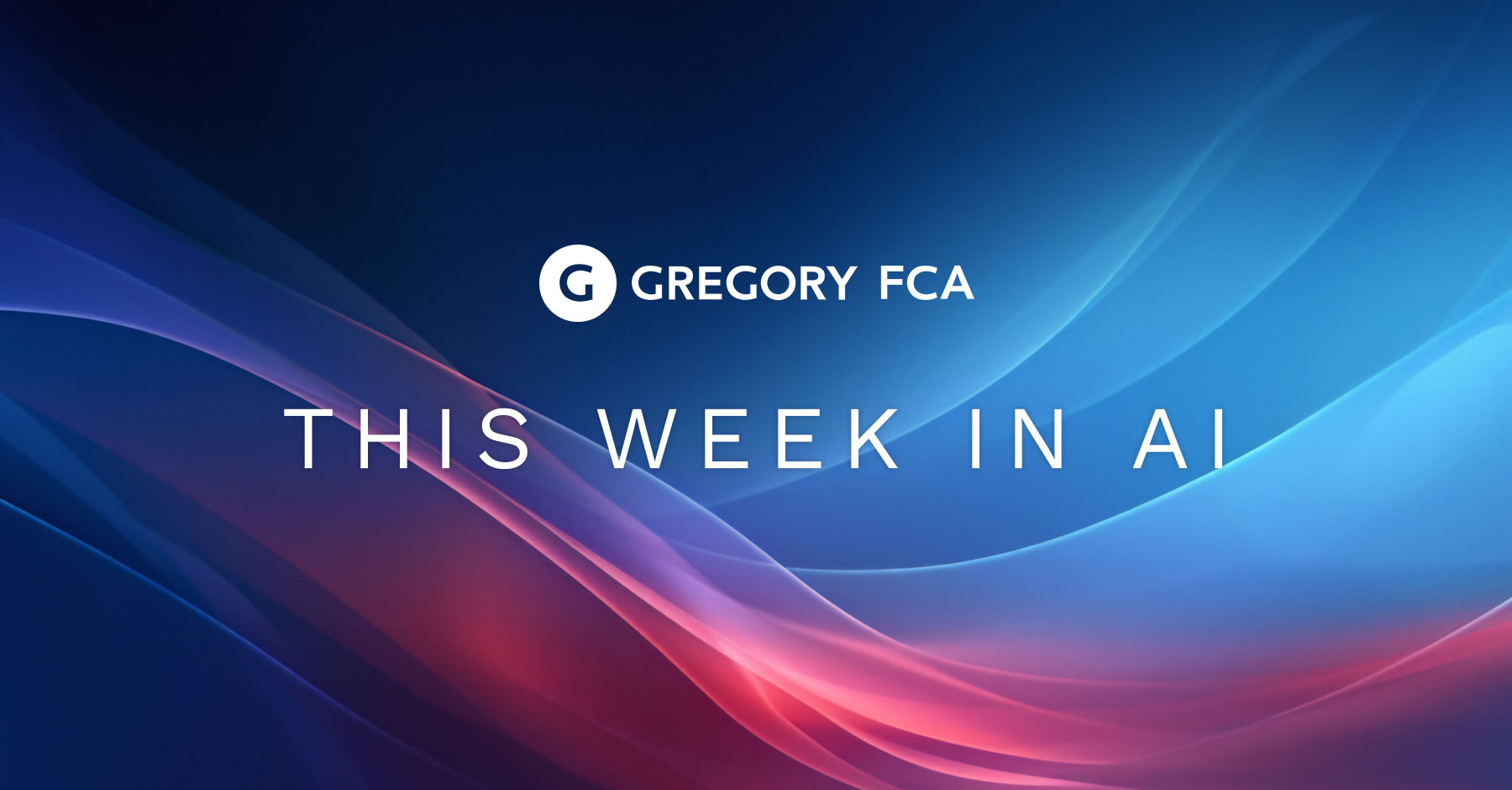Headlines You Should Know
Flurry of AI Releases Shows the Most Important Factor Is … You
Over the past week, OpenAI, Google, and Microsoft all promoted their latest AI technology. At Google I/O, presenters used the term more than 120 times in the two-hour keynote (as TechCrunch deftly summarized). However, after the events were over and the public started using these new tools, things didn’t go as smoothly as the demos.
OpenAI has had a rough week — members of the security team have resigned, reports of NDAs for former employees including “non-disparagement provisions” had the company on the defensive, and then came the real whopper: a potential lawsuit from Scarlett Johansson. The Hollywood star said in a statement that OpenAI approached her last September with an offer to use her likeness in GPT-4o’s voice feature, which she declined. OpenAI used a similar-sounding voice anyway before pulling it days later.
For Google, searches now show “AI Overviews” at the top of results, which include misinformation. There was even some bad advice in the demo — Google suggested “open the back door and gently remove the film” to fix a jammed camera. Anyone who has used a Polaroid could tell you exposing the film to light before it has been developed would ruin all the photos you’ve taken.
It’s an innocent enough example, but highlights just how valuable common sense and logic have become when using AI. And people are increasingly turning to this technology at work. A survey from Microsoft and LinkedIn says 75% of knowledge workers use AI and 46% of users started using it less than six months ago. Whether you’re an AI novice or an expert, you play a critical role in what these AI systems spit out.
These tools are not all-knowing oracles. Without sufficient source material, context, and clear instruction, AI is prone to nonsensical and incorrect responses. A skeptical mindset can help you get the most out of AI — fact-check claims, scrutinize advice against trusted sources, and evaluate the reasoning of outputs. New tools and models will continue to arrive with flashy demos and presentations, but the key to making them useful is you, the user.
Elsewhere …
- What Google’s AI Revamp Means for Content Marketing’s Future
- Learning How to Use AI Could Boost Your Pay by 25%, Study Finds
- Google Plans to Reuse Heat After Expanding Data Center for AI
- Microsoft Unveils Copilot+, a New Brand for AI PCs
- Adobe Lightroom Gets a Magic Eraser, and It’s Impressive
Tips and Tricks
 The voice in your ear
The voice in your ear
For fast fingers: Broadcasters wear an earpiece so producers can feed them new information mid-conversation, and AI can do the same for you. If you’ve ever interviewed an expert, you’ve probably found yourself wishing you could dig in more on something they just said that you don’t fully understand. Maybe you’ve even been put on the spot to come up with a big idea even though you wish you knew more. If you’re a good multitasker and quick typer, you can use AI as that instant research tool to guide you through the difficult parts of the conversation.
Try it out: Feed your relevant notes into the prompt window so the AI tool has the context of your conversation and start firing away. The AI can then churn out a list of follow-up questions, definitions of some of the terms you’re ashamed to admit you don’t recognize, or some of those ideas that will wow the expert. At the next opportunity, use your newfound knowledge.
Be aware: As always, the AI tool might lead you down the wrong path and provide information that has nothing to do with the topic you’re discussing. You’ll need to use your own judgment and, perhaps, exercise a bit of trust if you choose to ask something that may not be fully related to their expertise — but at least it will continue the conversation.
Quote of the Week
“While content marketing is often written with search engine rankings in mind, don’t forget to write for humans first. Think of the way your target audience thinks, talks, and acts, and make sure your content reflects that. That human-first approach to content might help some of your writing be featured in the AI summaries.”
— Amerrica Duggan-Torbert, Digital Marketing Specialist at East Tennessee State University, to PRDaily on Google adding more AI to search results
